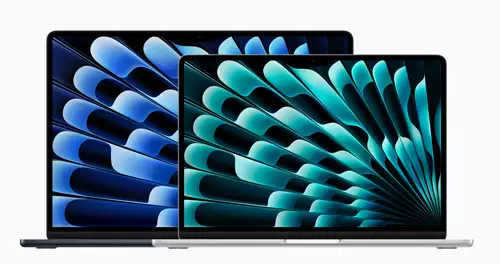Frage von Jendrik Hill:
Slashcam day dear community,
I have described in the title whether it is possible or wise one project which I cut in Avid, with After Effects to degrees.
It seems that we have cut a short film (16min) in the university in the editing room with Avid MC 5th Basically we are done, but the color correction (I was camera man + Cutter) that we have of third parties to create (only with the possibilities of Avid) is not really satisfactory.
Since I'm just a little while to learn After Effects and I look at some tutorials, I stumbled across a video that explained some features of "Color Finesse 3". This I would love to apply it to our film, mainly the graph under "Level" in connection with the Luma waveform monitor, the pictures are there simply has too pale. (We 5D mk2 with nerve and a relatively flat Picture Style rotated, have therefore not of very unusual).
My question then, how do I get the film loss as possible in After Effects? I have a large DNxHD file of the movie can play anything else synonymous what Avid hergibt Sun
And just as important, recognize the After Effects section of such a file? If not, you can somehow play an EDL and invite in After Effects, which then refers to the uncompressed files on your PC? Avid and After Effects CS5 are both available on the calculator, just as the raw material.
Is there a different way the you could recommend?
If necessary. I could probably carry the data synonymous next room is a section in which MC 5 synonymous Magic Bullet Looks has a plug-in.
Thank you in advance,
mfG Jendrik
Antwort von domain:

.. in connection with the Luma waveform monitor, because the images are generally easy to pale. (We 5D mk2 with nerve and a relatively flat Picture Style rotated, have therefore not of very unusual).
I can not imagine that you need for this relatively simple problem a clever thing correction software. From a single clip to a whole sequence nothing is easier to calibrate than targeted with a waveform monitor, the three brightness ranges between 15 and 100%, thus resulting equally beautiful contrasts.
Antwort von Blackeagle123:

And to answer general: Export SD and HD in lossless codec s.besten DNxHD (Quick Time) for the grading. HD is to export lossless much take up too much space. Thus we get the best results.
Greetings!









